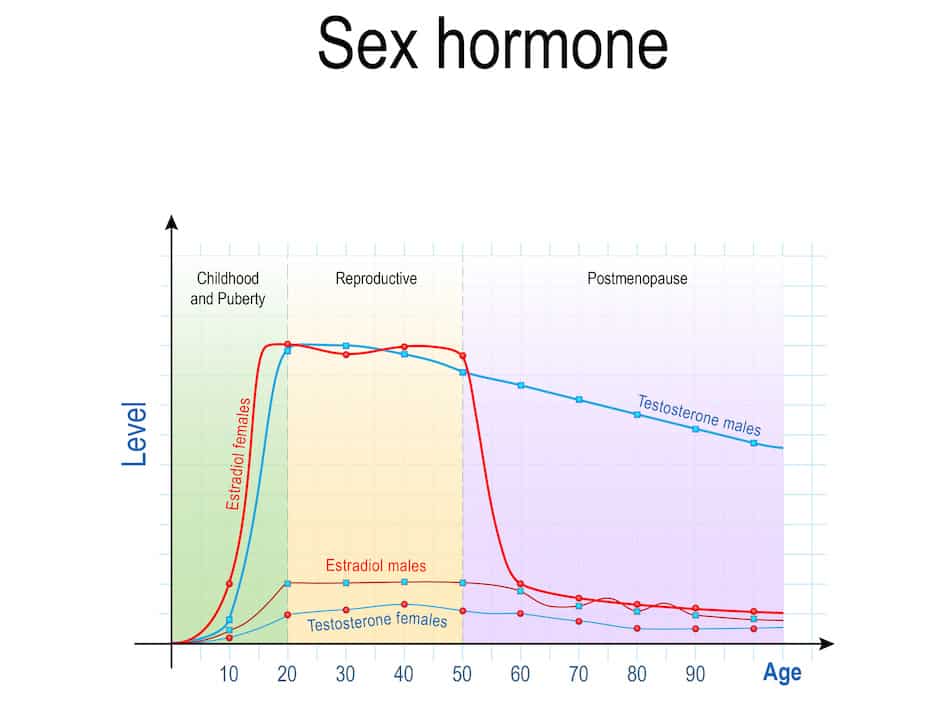Introduction to Women's Libido
Women's libido is a multifaceted topic that has intrigued both scientists and the general public for decades. Unlike men, whose sexual drive is often more straightforward and biologically driven, women's libido is influenced by a complex interplay of physical, emotional, and social factors. In 2024, understanding women’s libido has never been more important, as society becomes increasingly aware of the importance of sexual health and wellness. This article aims to demystify the concept of women's libido, offering insights, tips, and reviews that can help you boost your sexual desire and improve your overall quality of life.
Understanding the Basics of Libido
The term "libido" refers to sexual desire or the drive for sexual activity. For women, libido is not just a biological urge but a dynamic aspect of their overall well-being. It can fluctuate due to hormonal changes, stress, relationship dynamics, and even lifestyle choices. Understanding the basics of libido is crucial for identifying what factors might be affecting your sexual desire. It is important to note that a low libido is not necessarily a problem; it becomes a concern only when it causes distress or affects your relationship. By understanding the basics, you can begin to identify patterns and potential areas for improvement.
The Role of Hormones
Hormones play a critical role in regulating women's libido. Estrogen, progesterone, and testosterone are the primary hormones that affect sexual desire. During different phases of the menstrual cycle, these hormone levels fluctuate, potentially impacting libido. For example, many women experience a heightened sexual desire during ovulation when estrogen and testosterone levels peak. Conversely, post-menopausal women may experience a decrease in libido due to declining estrogen levels. Understanding these hormonal changes can help women better navigate their sexual health and seek appropriate treatments if necessary.
Read also:Jimmie Walkers Net Worth Behind His Financial Success
Emotional and Psychological Influences
Emotional and psychological factors are equally important in influencing women's libido. Stress, anxiety, depression, and poor body image can all negatively impact sexual desire. On the other hand, feeling emotionally connected to a partner, having a positive self-image, and maintaining mental health can enhance libido. It's crucial for women to recognize the importance of mental health and emotional well-being in their sexual lives. Incorporating stress-reducing activities such as yoga, meditation, or therapy can be beneficial. Being open about your feelings with your partner can also help in creating a supportive environment that fosters sexual desire.
Lifestyle Factors Affecting Libido
Lifestyle choices can significantly impact women's libido. Factors such as diet, exercise, sleep, and substance use can either enhance or diminish sexual desire. A balanced diet rich in nutrients can improve energy levels and overall health, contributing to a healthier libido. Regular exercise increases blood flow, boosts mood, and enhances body image, all of which are beneficial for sexual desire. Adequate sleep is essential for hormonal balance and energy levels. Additionally, limiting alcohol and avoiding smoking can prevent negative impacts on libido. By making positive lifestyle changes, women can improve their sexual health and overall well-being.
The Impact of Relationships
Relationships play a significant role in women's libido. The quality of the relationship, communication, and emotional intimacy can all influence sexual desire. A healthy, supportive relationship can enhance libido, while a strained or conflict-ridden relationship can decrease it. Open communication with your partner about sexual needs, desires, and concerns is vital. Working on relationship issues through counseling or therapy can also be beneficial. Building a strong emotional connection and understanding each other's needs can lead to a more satisfying sexual life.
Medical Considerations and Treatments
For some women, medical conditions or medications may affect their libido. Conditions such as thyroid disorders, diabetes, or depression can lead to a decreased sexual desire. Certain medications, particularly antidepressants and birth control pills, can also impact libido. It is important for women to discuss any concerns with their healthcare provider, who can help identify potential underlying issues and recommend appropriate treatments. Options may include adjusting medications, hormone therapy, or other medical interventions. By addressing medical considerations, women can improve their sexual health and enhance their libido.
Natural Supplements and Remedies
In recent years, there has been growing interest in natural supplements and remedies for boosting women's libido. Supplements such as maca root, ginseng, and fenugreek have been reported to enhance sexual desire in some women. Essential oils like ylang-ylang and clary sage are also used for their aphrodisiac properties. While natural remedies can be beneficial, it is important to approach them with caution and consult with a healthcare provider before starting any new supplement. Natural remedies can be a valuable addition to a holistic approach to improving libido.
Conclusion: Embracing Your Sexual Health
Understanding and embracing women's libido is an empowering journey that involves recognizing the complex factors that influence sexual desire. By considering hormonal, emotional, lifestyle, and relational aspects, women can take proactive steps to enhance their libido and overall sexual health. Open communication with partners, healthcare providers, and even oneself is key to navigating this journey. Whether through lifestyle changes, medical interventions, or natural remedies, there are numerous ways to improve libido. Embracing your sexual health in 2024 means prioritizing your well-being and taking control of your sexual life for a more fulfilling and satisfying experience.
Read also:The Newest Dairy Queen Blizzard Of The Month A Sweet Treat You Wont Want To Miss


